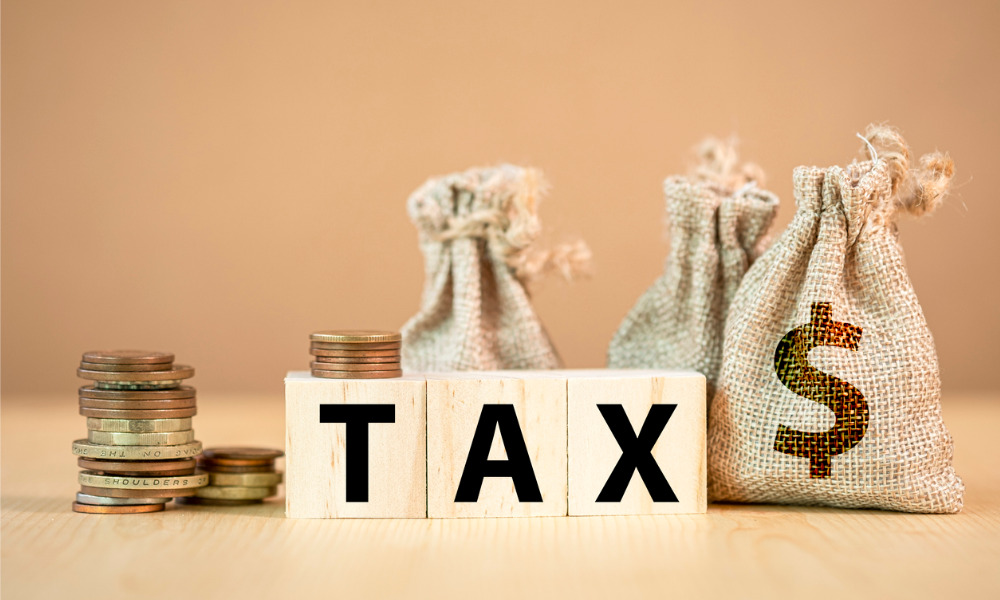Investors and political experts warn lenders won't take tax hikes lying down, possibly impacting retirees and borrowers

Under pressure to find ways to pay for federal debt exacerbated by the pandemic, the campaigning Liberal party has pledged that it would hike corporate taxes on financial institutions, including banks. But experts warn that the move could provoke an economically deleterious response.
In a tighter-than-expected election race, Prime Minister Justin Trudeau said last month that if re-elected, his party would raise the net tax rate on Canada’s most profitable banks and insurers from 15% to 18%. That tax would be applied to all earnings exceeding $1 billion, and is anticipated to put $2.5 billion in government coffers over four years, reported Reuters.
“[W]e’re going to ask them to do a little bit more,” Trudeau said of banks that have earned sizeable profits amid the pandemic. Critics have blasted the Liberal government for running record deficits as it responded to the challenges of the COVID pandemic.
The idea of putting the burden of federal debt on banks that have done well throughout the crisis might resonate with many voters. But drawing on data from the Tax Foundation, Reuters said Canada’s combined federal-provincial corporate tax rate of 26.5% is the third lowest in the G7 group of countries.
However, according to investors, the largest lenders bearing the brunt of the taxes won’t hesitate to pass those costs on one way or another.
“The banks employ, across the board, well over 100,000 people,” Bryden Teich, a portfolio manager at Avenue Investment Management, told Reuters. “If their taxes are going up, maybe the banks fire more people.”
Teich also noted that as increased tax payments weigh on banks’ earnings, there will be a knock-on effect on bank stocks, which “so many retired Canadians rely on for dividends.”
In the recent round of third-quarter earnings announcements, Canada’s largest lenders reported greater-than-expected earnings. Citing the Canadian Bankers Association, Reuters said banks in Canada paid $12.7 billion in taxes in 2019, employing more than 280,000 people.
In a note to clients, National Bank Financial analyst Gabriel Dechaine suggested that a higher rate could result in a $1.3-billion tax jump for the Big Six banks, which would lower their collective fiscal 2021 earnings by 2%.
Speaking to Reuters, Marius Zoican, assistant professor of finance at the University of Toronto said that the tax hikes could also trickle down to smaller borrowers who are more reliant on bank-provided debt for their ongoing expenses.
“It’s unlikely [the banks will] push the costs onto larger borrowers like corporations that have more power,” Zoican said. “The tax increases will be passed on to customers who are relatively more inelastic in demand.”



